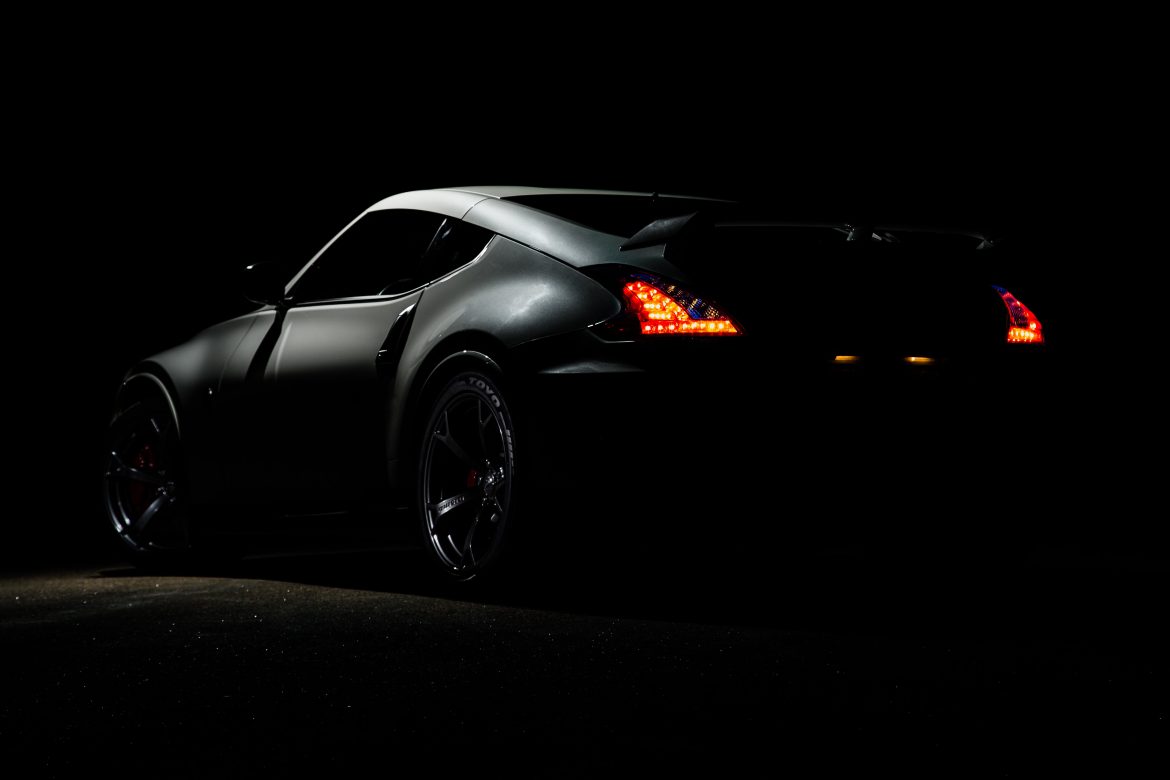My mother wouldn’t go anywhere without Seema. From grocery shopping to family trips, Seema rarely ever leaves my mother’s side. It almost seems like in Seema, my mother has found a certain degree of comfort and compatibility that she hasn’t been able to find in others. Even though their exclusive attachment has met with disapproving looks from us on multiple occasions, my mother and Seema remain largely unbothered by our opinions.
To answer who, or rather, what is Seema? – it is an objectively hideous-looking bag that was arbitrarily christened by us – kids at home – on a work-shy Saturday afternoon. For many years, it has faithfully housed whatever my mother threw in it – diapers, receipts, painkillers, apprehensions, you name it! – but these days, Seema lies in an overlooked corner and will continue to be there until my mother comes up with some bizarre DIY idea to breathe new life into Seema.
Why? Because it’s Seema.
While any regular handbag would’ve occupied a premium spot in some landfill by now, Seema has found a permanent spot in our house. All because of the innately human desire to name objects, people and even emotions that resonate with us. The same philosophy applies to marketing when it comes to naming a brand.
From evoking a sense of power to waltzing to the tunes of innovation, the nomenclature of brands embeds themselves in our collective consciousness, shaping perceptions and influencing consumer behaviour. In this article, let’s explore the stories behind the names of some renowned vehicle brands that have been dominating our collective imaginations.
- Toyota:
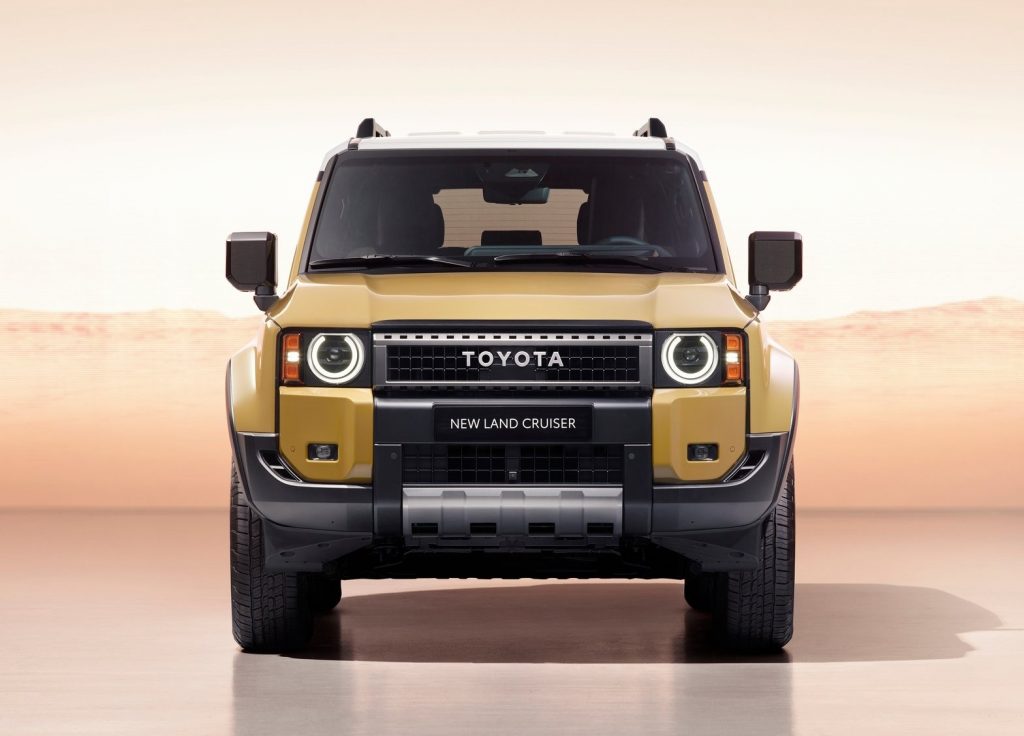
The name “Toyota” might seem straightforward, but its origins trace back to a thoughtful decision. Kiichiro Toyoda, the founder, decided to change the family name from Toyoda to Toyota for phonetic reasons. Additionally, the change from 10 to 8 strokes in Japanese characters was considered lucky, symbolising wealth and prosperity.
- Mercedes-Benz:
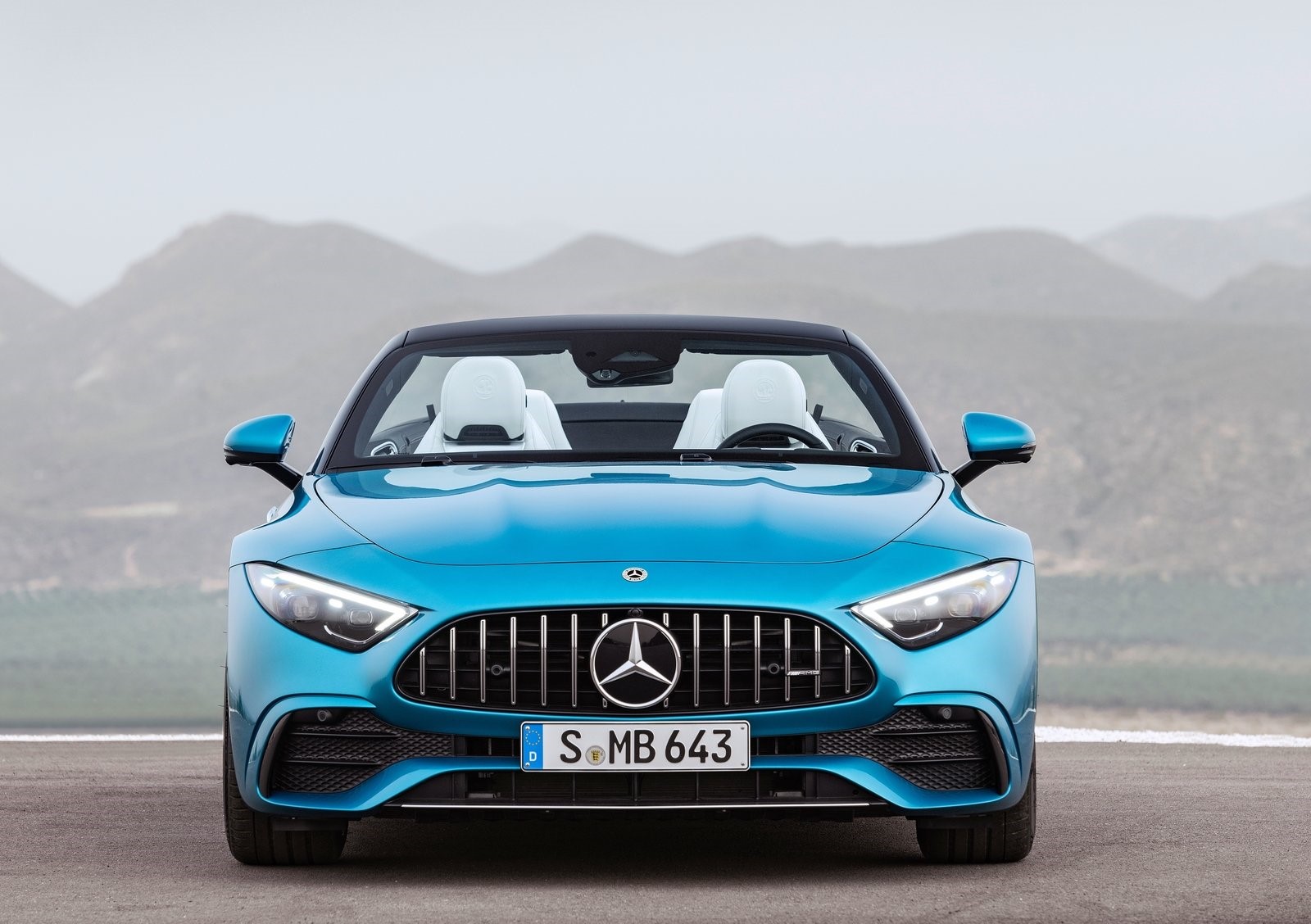
Mercedes-Benz was named after Mercédès Jellinek, the daughter of Emil Jellinek, a successful Austrian businessman and racing enthusiast. In 1899, Jellinek entered a race in Nice, France, under the pseudonym “Monsieur Mercedes.” He was driving a car built by Daimler Motoren Gesellschaft (DMG), and he won the race.
Jellinek was so impressed with the DMG car that he agreed to become a sales agent for the company. He also suggested that DMG start building a new line of cars that would be named after his daughter. DMG agreed, and the first Mercedes-Benz car was produced in 1901.
- Subaru:
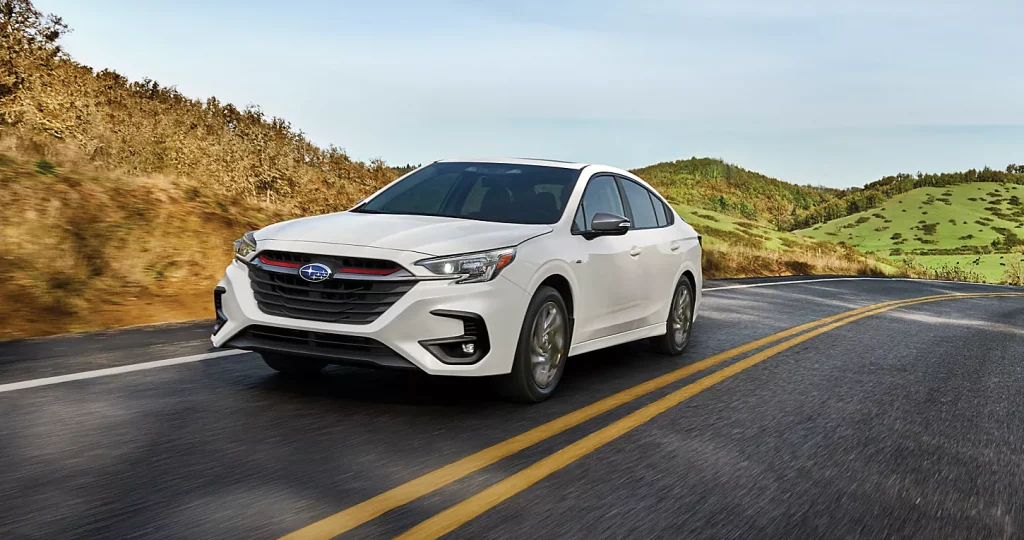
The name “Subaru” is deeply rooted in Japanese culture. It is the Japanese name for the Pleiades star cluster, depicted in the brand’s logo. This connection signifies the unity of six companies that merged to form Subaru’s parent company.
- Ford:
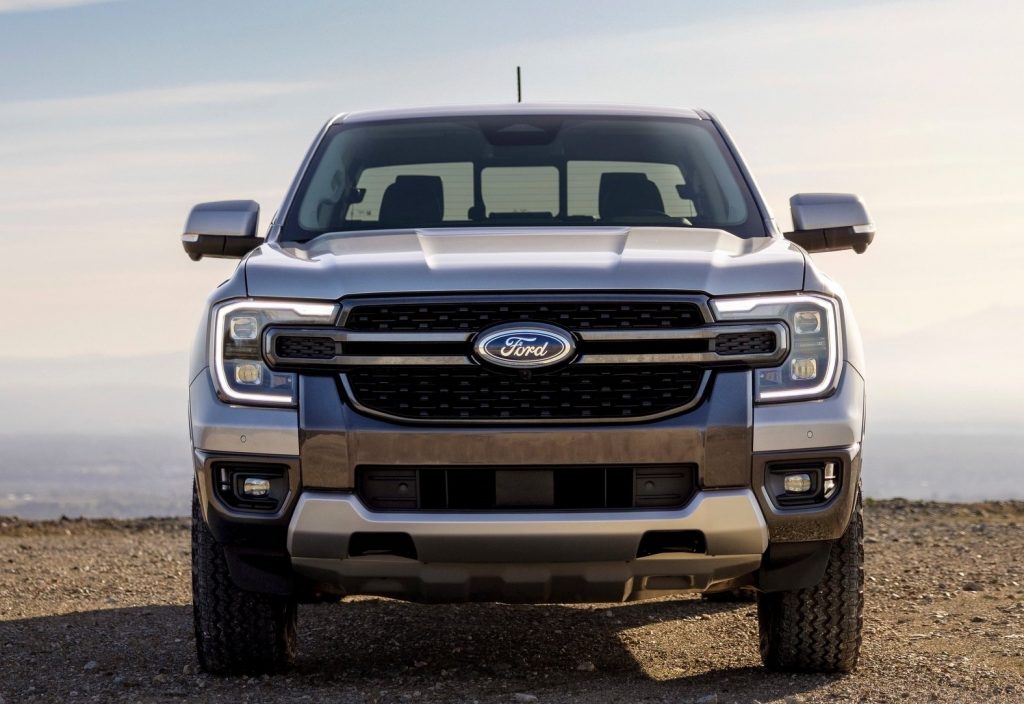
Beyond the familial association with Henry Ford, the name reflects his commitment to creating a brand that is as accessible as a shallow river crossing. The term “ford” signifies a passage, capturing Ford’s vision of making automobiles accessible to all, bridging the gap between the elite and the common man.
- Volkswagen:
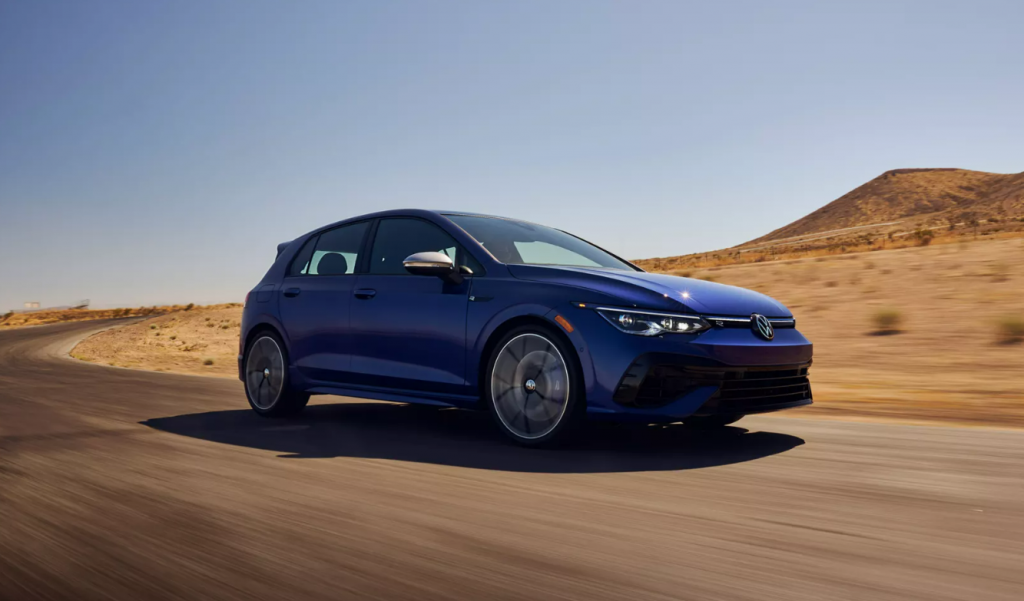
The name “Volkswagen” translates to “People’s Car” in German. The Volkswagen brand was established in the 1930s in Germany under the direction of Adolf Hitler, who wanted to create a car that would be affordable and accessible to the average German citizen.
In 1933, Ferdinand Porsche was commissioned to design the car, and the result was the Volkswagen Beetle. The idea was to create a reliable and inexpensive vehicle for the masses, and Hitler envisioned it as a key element of his plan to motorize Germany.
- Cadillac
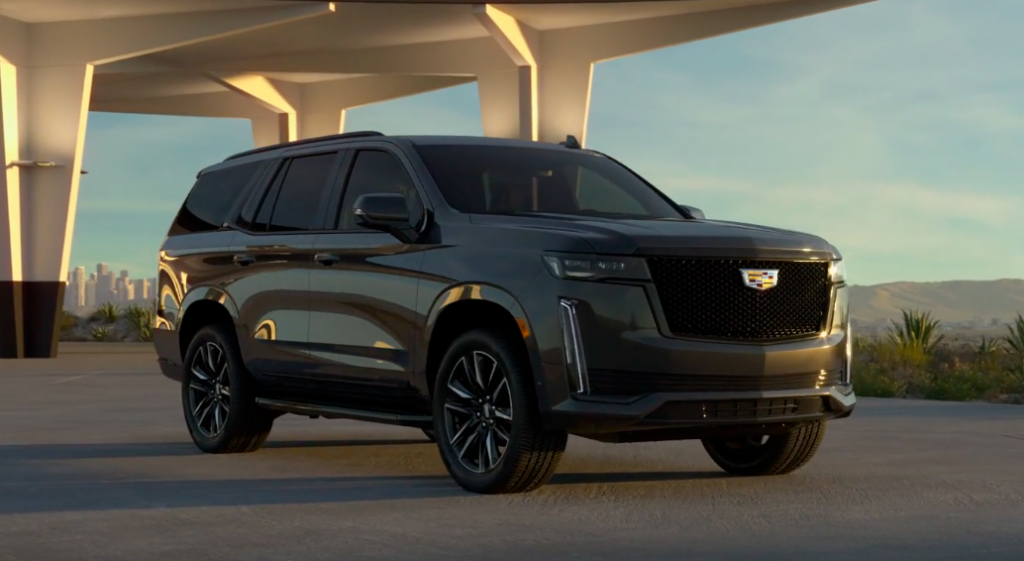
Cadillac was named after Antoine de la Mothe Cadillac, the founder of Detroit. Henry Leland, the founder of Cadillac, chose this name because he wanted his cars to represent the same qualities of innovation and American pride as the city of Detroit.
- Chevrolet:
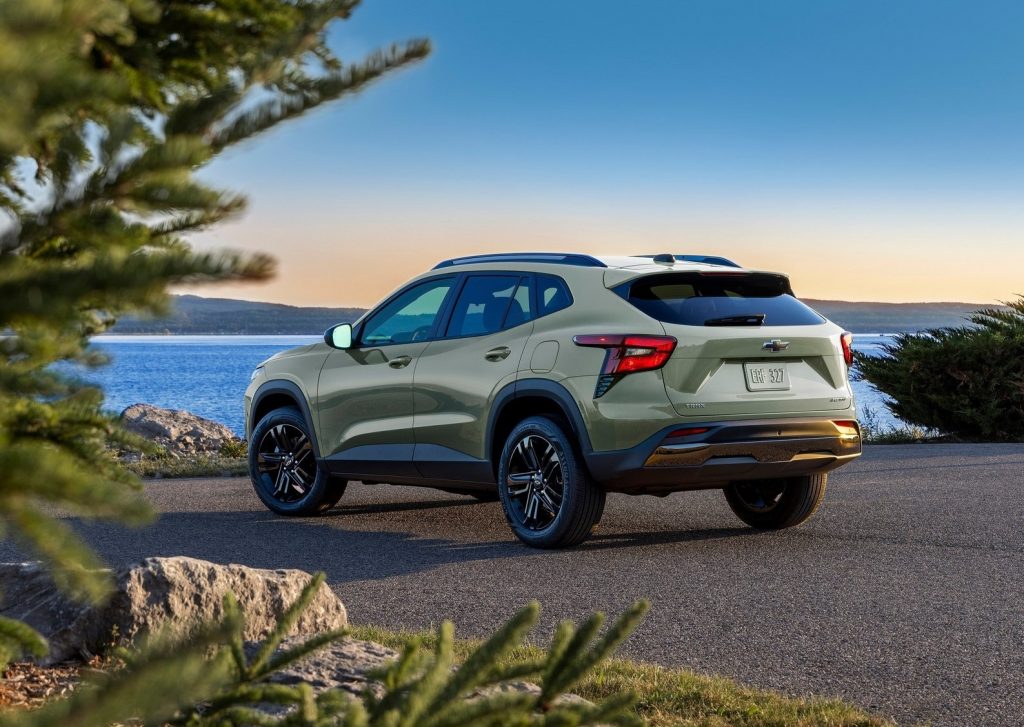
The name Chevrolet has an international touch, owing to co-founder Louis Chevrolet’s Swiss roots. The combination of a French first name and a Swiss last name adds a cosmopolitan flair to this American brand, reflecting the diverse influences that shaped its identity.
- Honda:
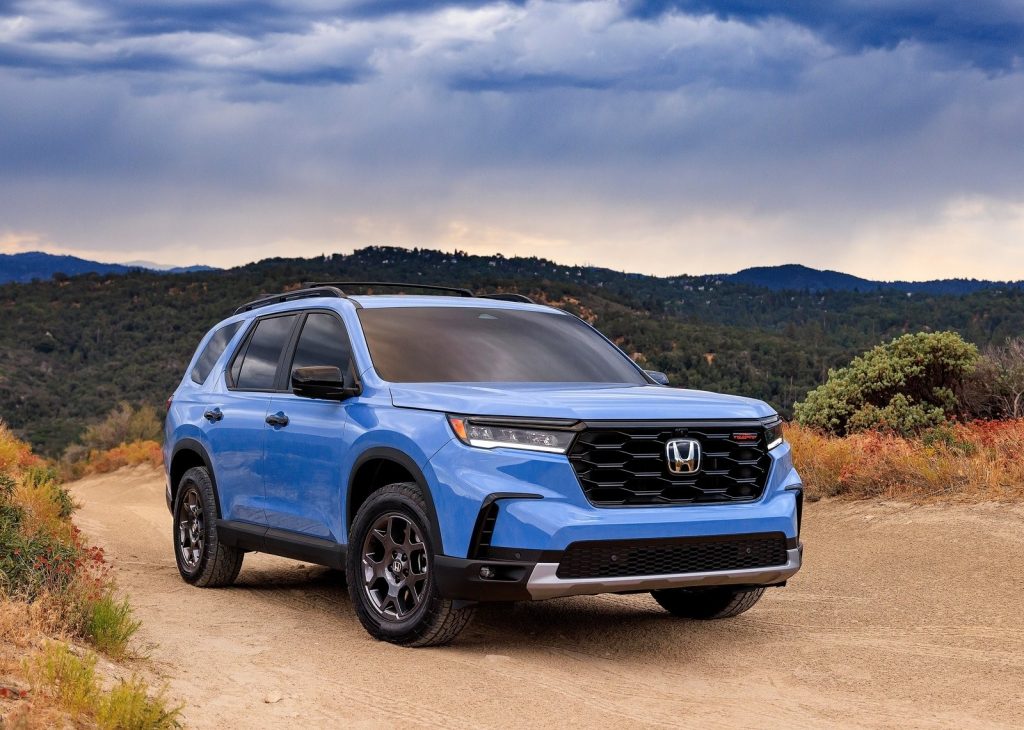
Soichiro Honda’s decision to name the company after himself was not merely egotistical. In Japanese, “Honda” can also mean “main rice field,” suggesting the cultivation of a stable and flourishing business. It echoes a commitment to growth and abundance.
- Mazda:
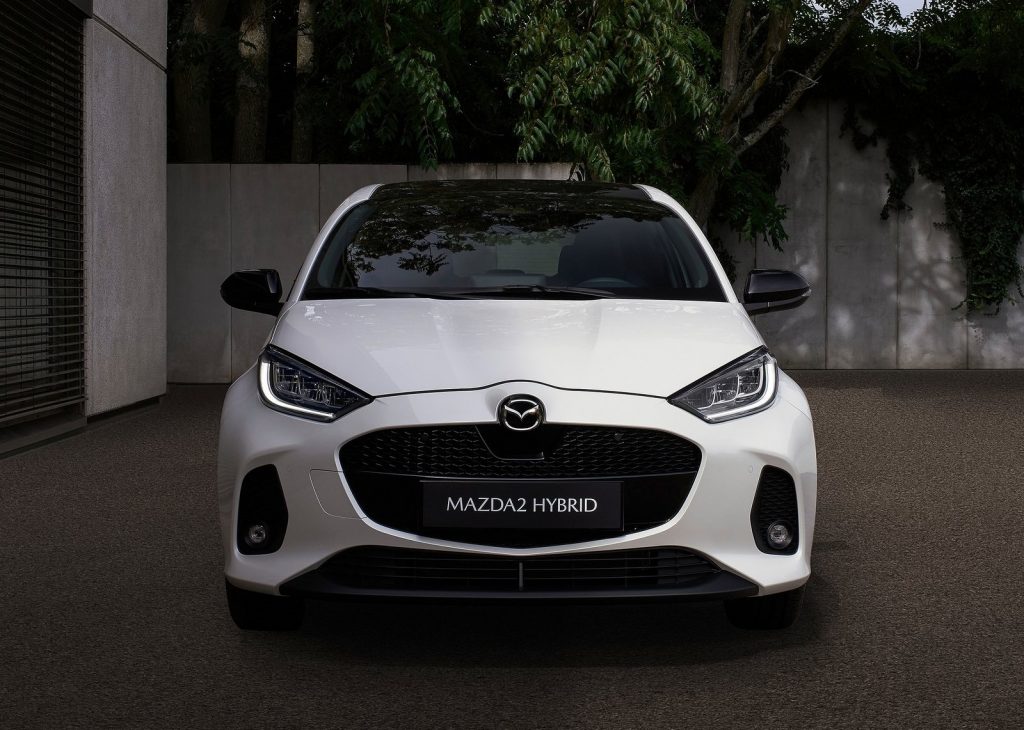
Mazda is named after Ahura Mazda, the god of harmony, intelligence, and wisdom in Zoroastrianism. The company’s founders chose this name because they wanted Mazda to be a symbol of the beginning of a new era of harmony and cooperation between the East and the West. They also wanted the name to reflect the company’s commitment to innovation and excellence.
- Nissan:
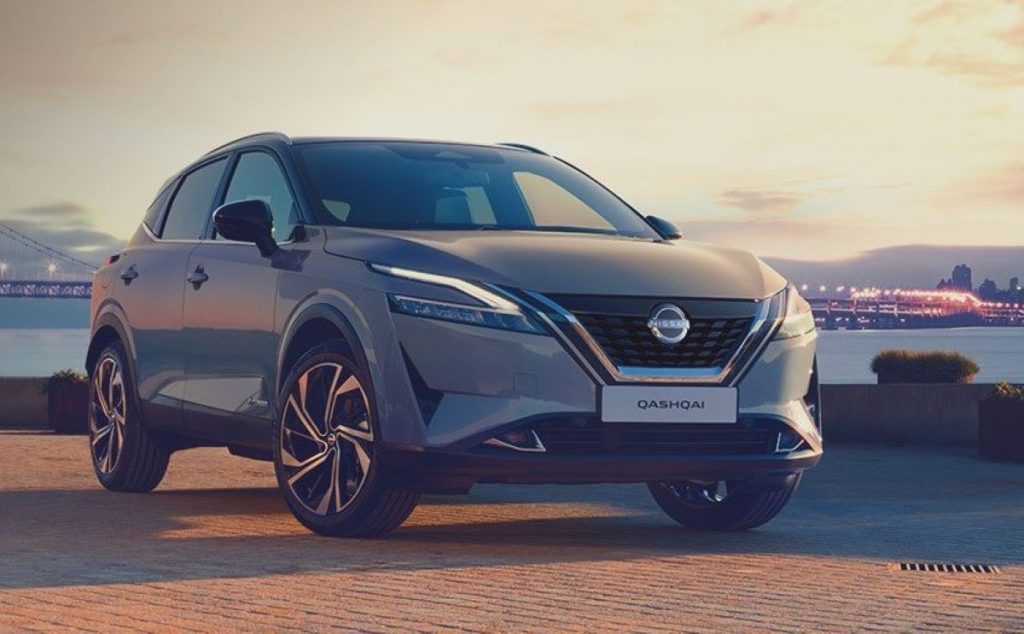
The name Nissan was first used as an abbreviation for Nihon Sangyo on the Tokyo Stock Exchange in 1933. In 1934, the name was officially adopted by the automobile subsidiary, which was renamed Nissan Motor Co., Ltd.
The name Nissan is a combination of two Japanese words: “ni” (日), meaning “sun,” and “san” (産), meaning “industry.” The name is meant to symbolise the company’s Japanese heritage and its commitment to innovation and progress.
- Audi:
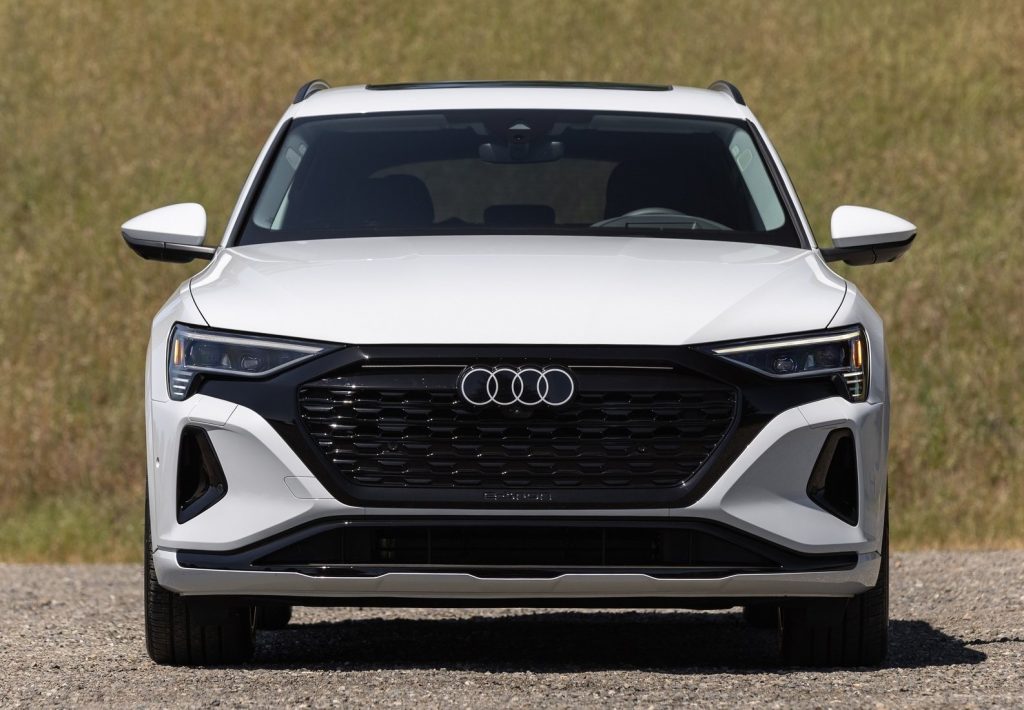
Audi’s name has a linguistic twist. It is a Latin translation of the founder’s last name, August Horch, meaning “listen.” This reflects the brand’s commitment to attentively listening to customer needs and adapting to the evolving automotive landscape.
- Tesla:
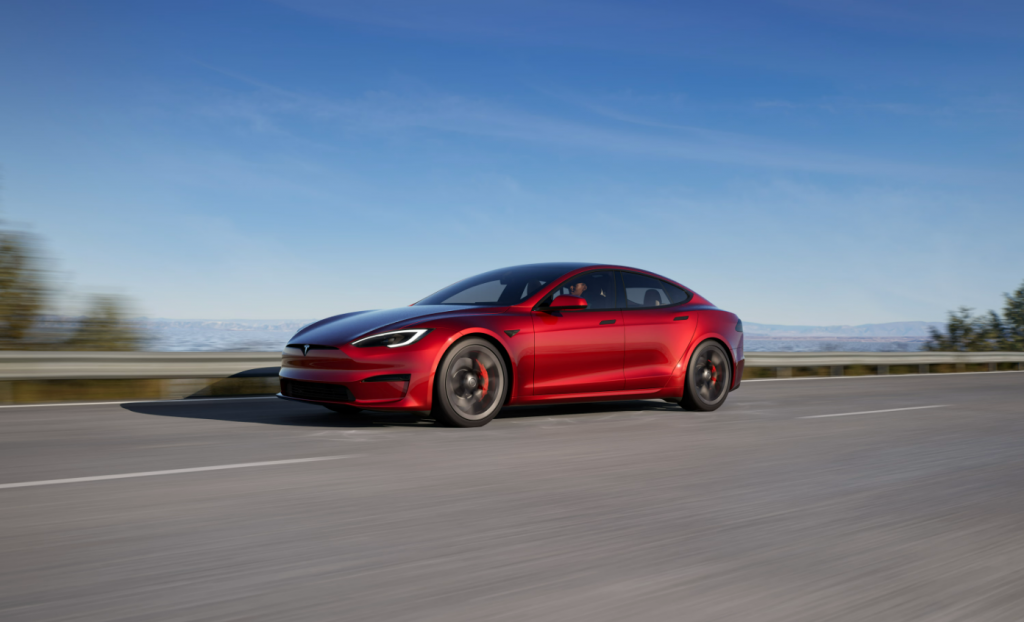
The origin of the name Tesla is attributed to the Serbian inventor Nikola Tesla, renowned for his significant contributions to the realms of electricity and magnetism. The establishment of Tesla Motors dates back to 2003 when Martin Eberhard and Marc Tarpenning, admirers of Nikola Tesla, decided to name their company in homage to the visionary scientist.
A pivotal moment for the company occurred in February 2004 when Elon Musk made a substantial $6.5 million investment, becoming its primary shareholder, and subsequently assumed the role of CEO in 2008.
- Kia:

The name KIA is derived from the Sino-Korean characters “ki” (起), meaning “to arise” or “come up out of,” and “a” (亞), which stands for Asia. When combined, KIA signifies “arise or come up out of Asia,” reflecting the company’s roots in South Korea.
The name KIA was officially adopted in 1992, aligning with the company’s global expansion and its ambition to establish itself as a prominent player in the international automotive market.
- Lamborghini:
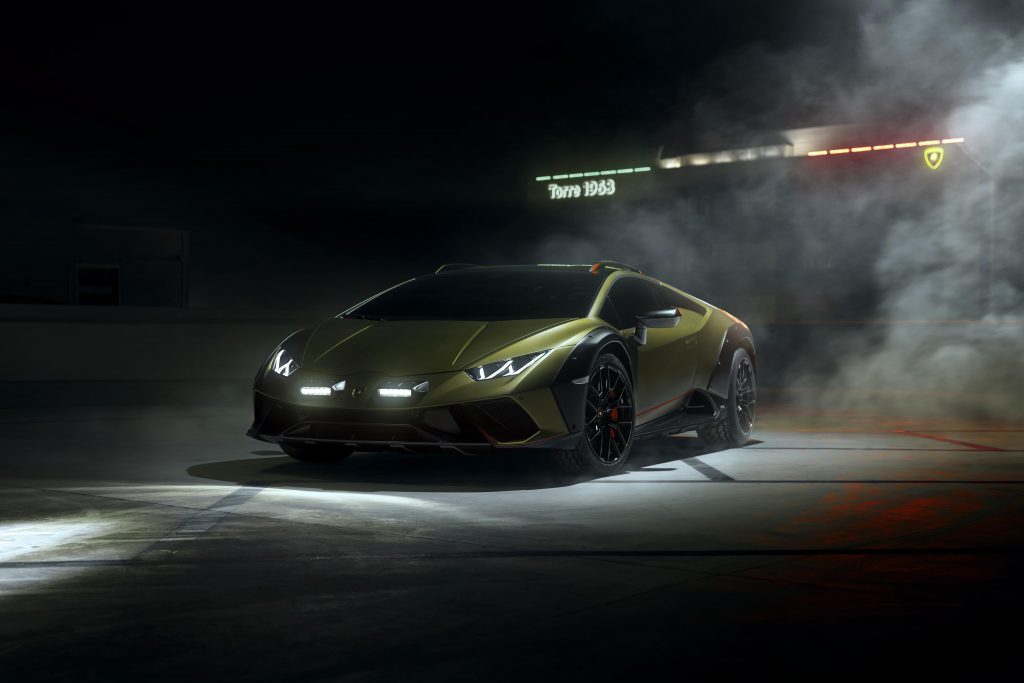
Lamborghinis stand out as some of the most performance-focused and high-priced automobiles globally. Founded in 1963, the company derived its name from its creator, Ferruccio Lamborghini. Initially engaged in the sale of tractors and agricultural machinery, Lamborghini transitioned to crafting sports cars after Ferruccio’s desire to surpass Ferrari post the founder’s infamous encounter with Enzo Ferrari himself.
- Hyundai:

The name Hyundai comes from the Korean words “hyeon” (현) and “dae” (대), which together mean “modern.” Hyundai was founded in 1967 by Chung Ju-Yung as a construction company. The decision to name the company Hyundai reflected a commitment to modernization and progress. Over time, Hyundai diversified its business interests and entered the automotive industry and has since become one of the largest and most successful automotive manufacturers globally.
- Aston Martin:
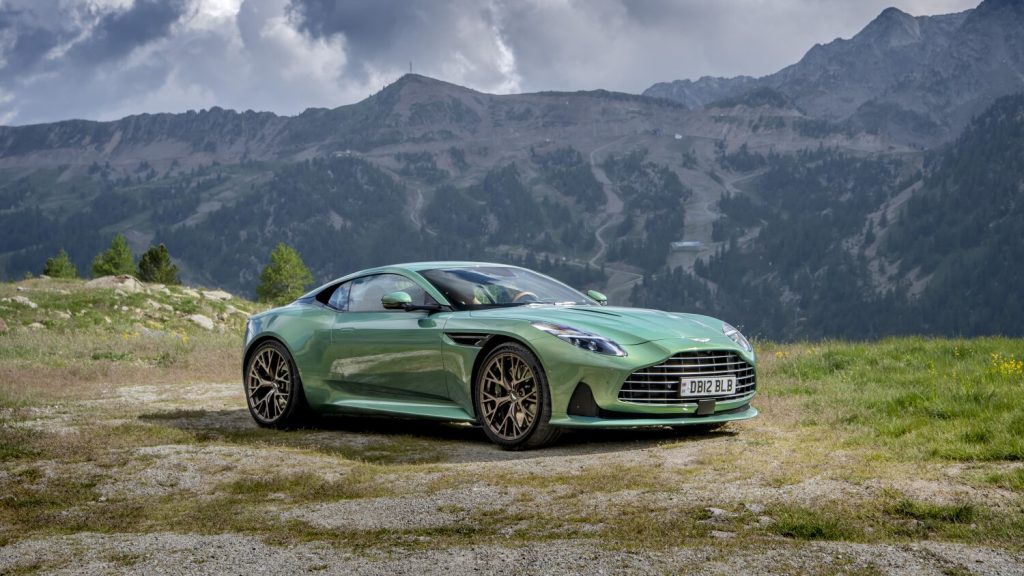
Lionel Martin and Robert Bamford established the company in 1913, initially under the name “Bamford & Martin.” Lionel Martin had been successful in hill climb races at Aston Hill, and in 1914, they changed the company’s name to Aston Martin to reflect the combination of Lionel Martin’s last name and the Aston Hill races where their early successes took place. Since then, Aston Martin has become synonymous with luxury sports cars.
Shakespeare muses, “What’s in a name? A rose, by any other name, would smell just as sweet.” Yet, in the gritty poetry of the automotive world, such lofty sentiments seem but a rude oversight. For while a rose may dance unaltered through the fragrant fields of romance, call a car by another name, and the symphony of wheels, though destined for the same horizon, composes a dramatically different journey.

